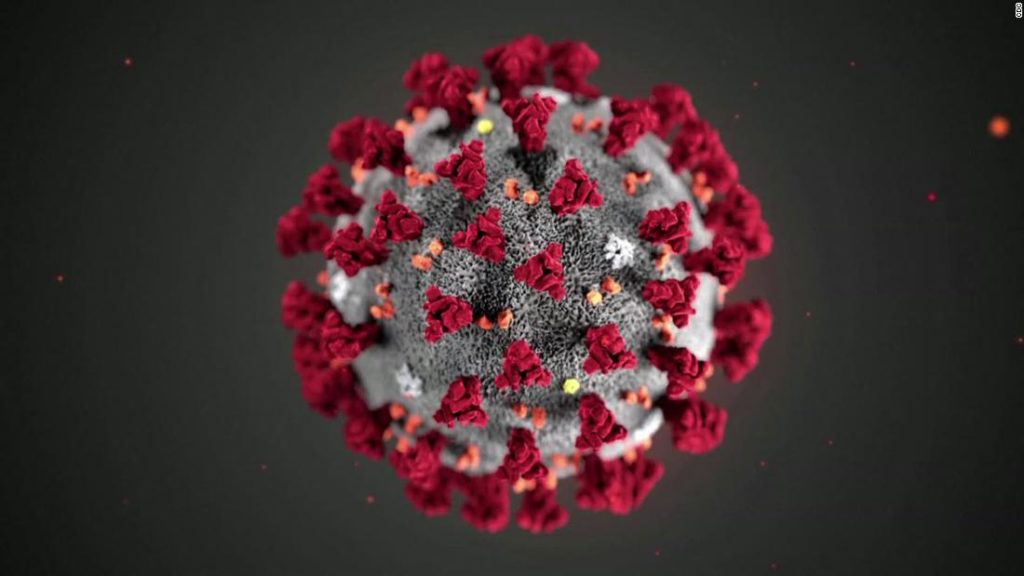The MHRA began reviewing data from Pfizer and BioNTech in October, looking at each “package” of data as soon as it became available, rather than considering an entire dataset at the end. Regulators essentially had already seen the vast majority of the data before the final authorization application was even submitted.
Moncef Slaoui, chief adviser to the Operation Warp Speed in the US, said the UK’s approval of the vaccine should give Americans more confidence in it, describing the MHRA as “an external regulatory agency of the highest caliber and standards equivalent to those of the FDA.”
But Dr. Anthony Fauci, the country’s leading infectious disease expert, claimed the MHRA did not scrutinize the trial data as carefully as the FDA, which is doing its review “the correct way,” in his opinion. He added he expected the US to “be there very soon” in its own approval of the vaccine.
The MHRA typically relies on drug companies’ presentation of data, where the FDA has the resources to conduct its own reanalysis of companies’ raw data, Professor Stephen Evans from the London School of Hygiene & Tropical Medicine explains. CNN has reached out to the MHRA for more details of how it conducted its review.
YOU ASKED. WE ANSWERED
Q: What will a Covid-19 vaccine feel like?
A: The Pfizer/BioNTech and Moderna vaccines both use mRNA, which means that rather than giving our bodies a germ or virus, they teach our bodies to produce a protein which then triggers our immune system to make antibodies. So if we get infected with the real virus, our body is prepared to fight it.
Different people will react differently to vaccines, but data shows that there are few side effects. Yasir Batalvi, 24, who took part in a Moderna trial said the first jab felt “just like a flu shot, which is basically just a little pinch in the side of your arm.” mRNA vaccines need two doses, and that’s where Batalvi felt some minor side effects, like a low-grade fever, and fatigue and chills. But he said it only put him out for a day and he “felt ready to go by the next morning.”
WHAT’S IMPORTANT TODAY
Barack Obama, George W. Bush and Bill Clinton to get jabs
US hits record daily deaths as authorities warn of ‘rough’ three months
More than 200,000 new Covid-19 infections were also confirmed, as US Centers for Disease Control and Prevention Director Dr. Robert Redfield warned the winter was going to be “the most difficult in the public health history of this nation, largely because of the stress that’s going to put on our health care system.”
Germany extends its partial lockdown
Restrictions — including the closure of restaurants, bars and leisure facilities — had been due to end on December 20, ahead of the Christmas period. Germany’s coronavirus response was seen as a model for the world in the pandemic’s early months, but the country is now battling a spike in infections and its world-renowned hospital system is under strain.
ON OUR RADAR
- 102-year-old Angelina Friedman lived through 1918 flu, and survived cancer. She’s also beaten the coronavirus — twice.
- A group of researchers had been working on a remote atoll since February and had only heard of Covid-19. Then they returned to society to see its full impact.
- A couple from Hawaii was arrested over the weekend after allegedly flying home knowing that they both had tested positive for Covid-19.
- Covid-19 is rising in South Korea, but half a million students sat a notoriously difficult college entrance exam anyway, in a marathon day of tests.
- For Americans, the CDC says quarantine periods can be shortened to 7 or 10 days days. But 14 days is still the safest option. Here’s what’s changed.
- The US Department of Defense has released images of a Covid-19 vaccination record card. It says the cards will be used as a way to keep track of who’s had Covid-19 shots.
TOP TIPS
As Christmas approaches, some people are wondering if it’s OK to mark the occasion by attending church services. The US Supreme Court last week voted 5-4 to reject restrictions on religious services that New York Gov. Andrew M. Cuomo had put in place. The same court made the opposite decision on religious restrictions in California and Nevada earlier. So what to do?
TODAY’S PODCAST
“Internet access isn’t that common as people think it is. There are plenty of parts of the country that don’t even have it. And that includes in big urban areas like where I am in New York City.” — CNN Correspondent Evan McMorris-Santoro
You may also like
-
UK coronavirus variant has been reported in 86 countries, WHO says
-
NASA technology can help save whale sharks says Australian marine biologist and ECOCEAN founder, Brad Norman
-
California Twentynine Palms: Explosives are missing from the nation’s largest Marine Corps base and an investigation is underway
-
Trump unhappy with his impeachment attorney’s performance, sources say
-
Lunar New Year 2021: Ushering in the Year of the Ox

